Is your drinking disrupting your work
 Work is often the biggest source of stress in our lives, and people sometimes end up using alcohol to relax and deal with that stress.
Work is often the biggest source of stress in our lives, and people sometimes end up using alcohol to relax and deal with that stress.
The result is often that your work performance suffers because of your hangovers. This makes it hard to concentrate, so you might well be feeling guilty.
Perhaps you’re also worried that your colleagues suspect you have a drink problem - can they smell it on your breath perhaps? So this creates even more stress.
Have you got to the stage where you feel the urge to have a little drink at lunchtime, just to calm your nerves? Or at the end of the day, are you watching the clock in the office, thinking about that first drink you can have once you leave work?
For some unfortunate people, alcohol becomes a part of their job - people in the promotions business, or staff in pubs, bars or restaurants for example. Then the two issues can be even more complicated. Business meetings at lunchtime or Friday afternoons can often involve a drink, it can be a source of bonding with your colleagues, or an important part of relationship building with a client.
So what can you do, if drinking is part of your work culture?
Is there any way your job situation could be improved so it’s not so stressful? Or is there perhaps another way to deal with that stress that doesn’t make the situation worse, like drinking does?
Give us your suggestions:


 Everyone seems to drink alcohol in our culture. Many seem to
Everyone seems to drink alcohol in our culture. Many seem to 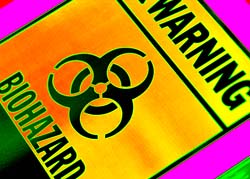 Some unfortunate research has just been published that alcoholic women suffer more brain damage as a result of their drinking than men do.
Some unfortunate research has just been published that alcoholic women suffer more brain damage as a result of their drinking than men do.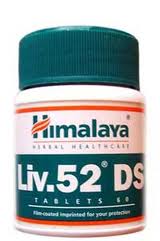 Liv.52 is a herbal medicine specifically formulated to help strengthen the liver. It assists in the elimination of acetaldehyde (the toxic by-product of alcohol) - which means you don’t get so much of a hangover. It encourages regrowth of new liver cells and protects against alcohol induced liver damage.
Liv.52 is a herbal medicine specifically formulated to help strengthen the liver. It assists in the elimination of acetaldehyde (the toxic by-product of alcohol) - which means you don’t get so much of a hangover. It encourages regrowth of new liver cells and protects against alcohol induced liver damage. Unfortunately, one of the biggest causes of people
Unfortunately, one of the biggest causes of people  Struggling with
Struggling with  One of the things that can easily induce a craving for alcohol is
One of the things that can easily induce a craving for alcohol is  Many people looking for help on this site do not consider themselves to be alcoholics. They are not drinking all day, every day. But they are regularly binge drinking alcohol to excess, such that they are damaging their health, their
Many people looking for help on this site do not consider themselves to be alcoholics. They are not drinking all day, every day. But they are regularly binge drinking alcohol to excess, such that they are damaging their health, their  Many people with an
Many people with an 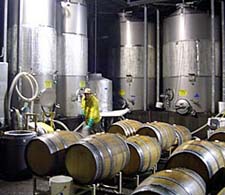 The alcoholic head taster for a brewery in Brazil has been awarded financial damages by his employer after the courts agreed he had not been
The alcoholic head taster for a brewery in Brazil has been awarded financial damages by his employer after the courts agreed he had not been  The UK National Health Service has officially recognised the
The UK National Health Service has officially recognised the 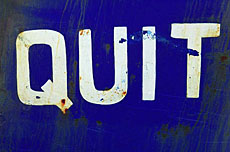 There are many ways to
There are many ways to 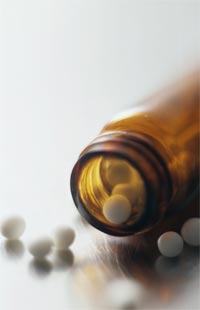 The drug company,
The drug company,  The symptoms of alcohol withdrawal are exceptionally unpleasant, as I’m sure you know. There are physical symptoms and emotional ones. Let’s start with the most extreme to get it out of the way - death.
The symptoms of alcohol withdrawal are exceptionally unpleasant, as I’m sure you know. There are physical symptoms and emotional ones. Let’s start with the most extreme to get it out of the way - death.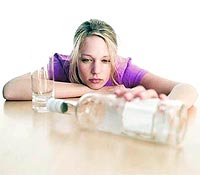 Most people who are
Most people who are  It’s probably no surprise to some, but here
It’s probably no surprise to some, but here  There are those who believe (the
There are those who believe (the  Anxiety ruins many people’s lives, and lessens the enjoyment of it for most of us. It’s focus can be anything, from the seemingly trivial to the life-threatening. Threat and fear can thread their way into many aspects of our lives.
Anxiety ruins many people’s lives, and lessens the enjoyment of it for most of us. It’s focus can be anything, from the seemingly trivial to the life-threatening. Threat and fear can thread their way into many aspects of our lives.